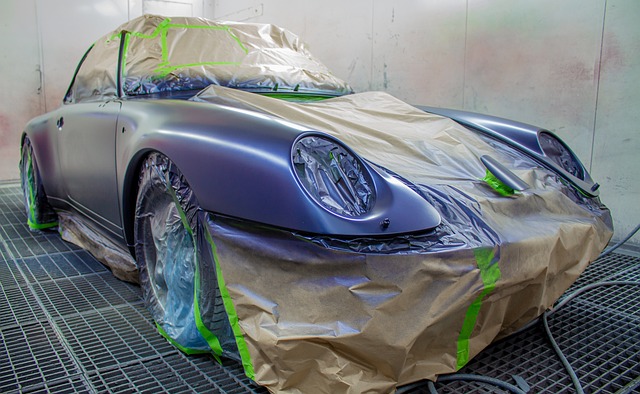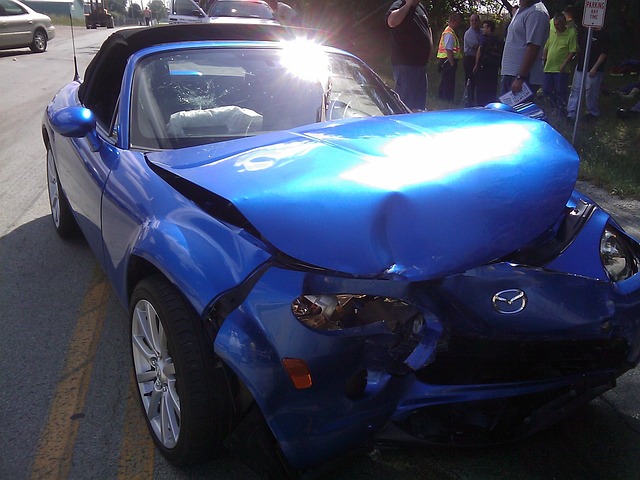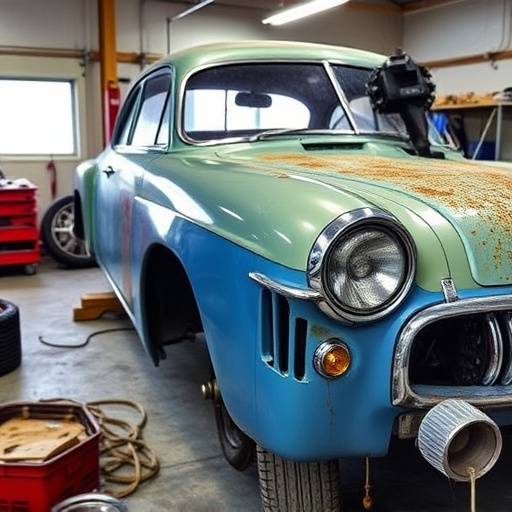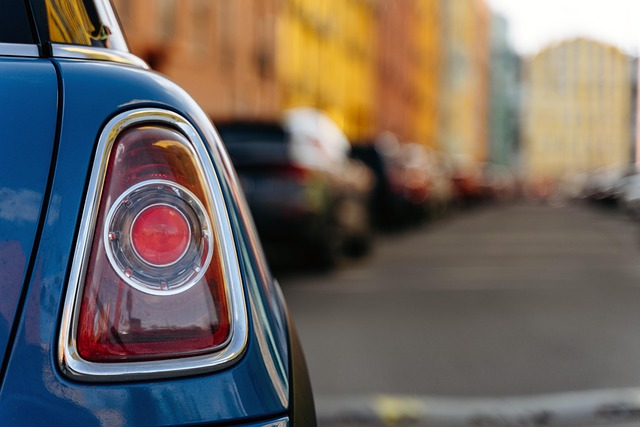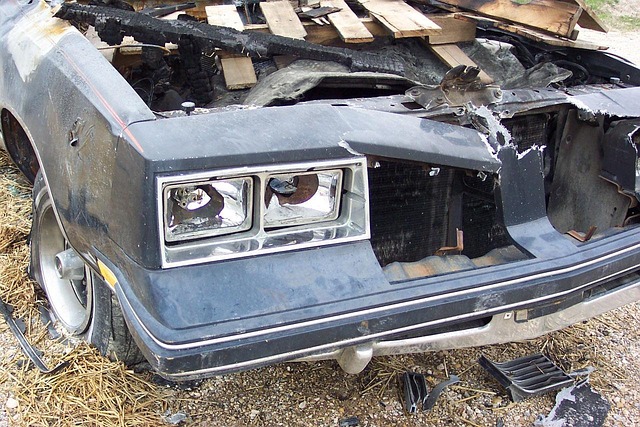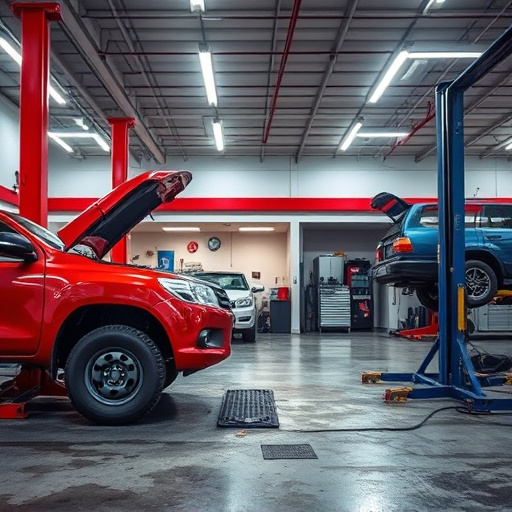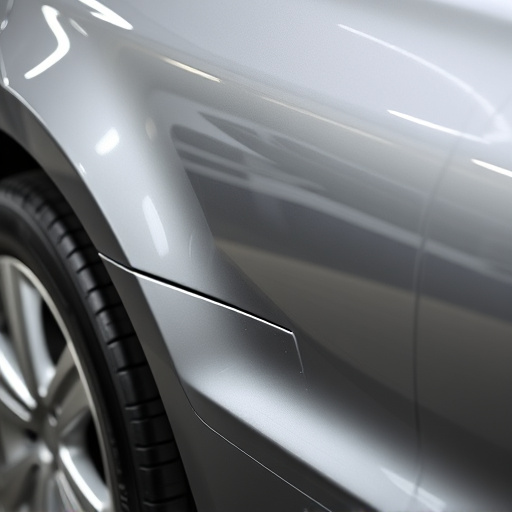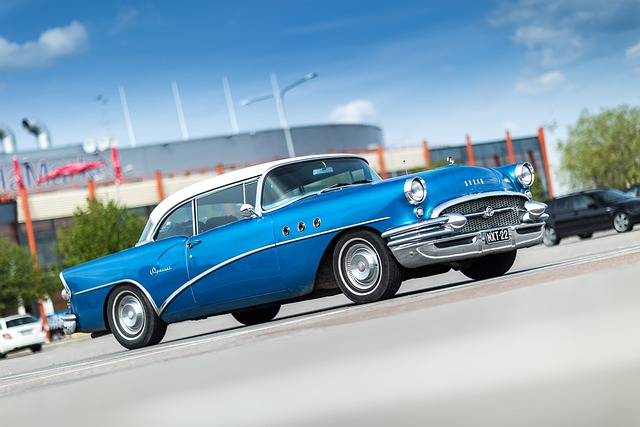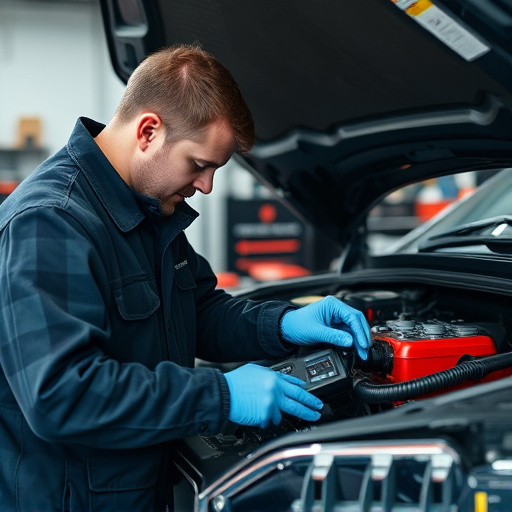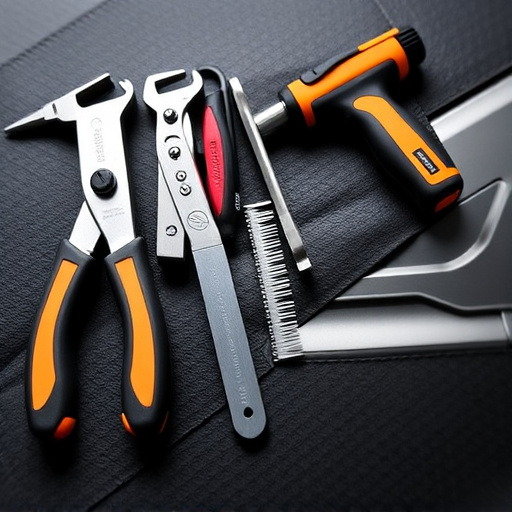Dents and cracks on vehicles commonly require plastic panel repair replacement, caused by collisions or parking incidents. Body shops use various techniques, from hammering to heat guns, for dents and precision cutting for cracks. Identifying dent patterns and differentiating between non-structural and structural damage is crucial for effective repairs. Non-structural issues like scratches can be addressed by specialized services, while severe structural problems need comprehensive restoration from auto body shops beyond simple plastic panel repair replacement.
Plastic panels, ubiquitous in modern construction and design, require specific care and repairs to maintain their integrity. This article delves into common damage types necessitating plastic panel repair or replacement, focusing on dents and cracks, water damage, and aging effects. Understanding the causes and appropriate repair approaches for each is essential for ensuring structural soundness, aesthetic appeal, and cost-effective maintenance in both residential and commercial settings. Keywords: plastic panel repair replacement.
- Dents and Cracks: Common Causes and Repair Approaches
- – Identifying dent patterns and types
- – Non-structural vs structural damage
Dents and Cracks: Common Causes and Repair Approaches
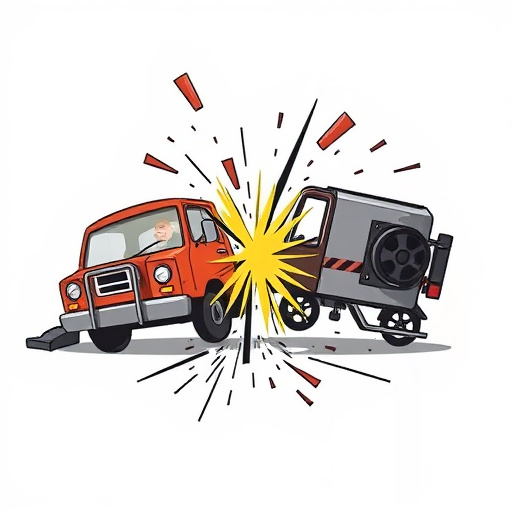
Dents and cracks are among the most frequent issues requiring plastic panel repair replacement. These damage types often arise from minor collisions, parking incidents, or more significant vehicle accidents. In the case of dents, a wide array of causes can include hitting a curb, encountering another vehicle during parallel parking, or even airborne debris like branches or stones. Cracks, on the other hand, may develop over time due to exposure to extreme temperatures, road hazards, or poor storage practices, leading to structural weaknesses in the plastic panels.
When it comes to repair approaches, a vehicle body shop typically offers professional solutions. For dents, techniques such as hammering, pestle work, or more advanced methods like pneumatic tools and heat guns are employed to gently push out the dented area back to its original shape. In contrast, cracks often require more intricate work, involving precision cutting and precise molding to create a seamless replacement panel. These repair processes not only restore the aesthetic appeal but also ensure the structural integrity of the vehicle, crucial for safety and performance in the event of future collisions, making plastic panel repair replacement an essential service provided by dedicated vehicle body shops.
– Identifying dent patterns and types
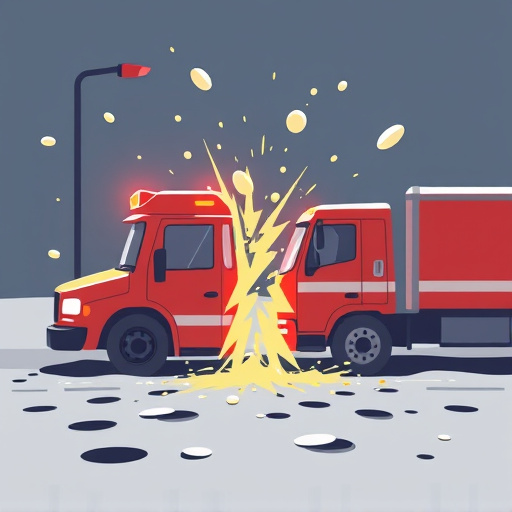
Identifying dent patterns and types is a critical step in any plastic panel repair replacement process. Dents can vary greatly in size, shape, and severity, each requiring a specific approach during auto collision repair. From shallow indentations to deep depressions, understanding these variations is essential for ensuring accurate repairs. Car paint repair experts examine the damage closely, noting unique dent patterns that can include jagged edges, rounded corners, or even complex, labyrinthine shapes.
By meticulously analyzing these features, technicians can determine the best course of action—whether it’s a simple adjustment with plastic panel repair tools or a more intricate auto body painting process to restore the panel’s original appearance. This meticulousness is vital in achieving a seamless fit and finish that matches the vehicle’s overall aesthetic, demonstrating the importance of professional auto collision repair services for effective plastic panel repair replacement.
– Non-structural vs structural damage

When considering plastic panel repair replacement, it’s crucial to differentiate between non-structural and structural damage. Non-structural damages, like car scratches or minor dents, affect only the outer layer of the vehicle’s panels. These can often be effectively repaired through professional plastic panel repair services, restoring the car’s appearance without compromising its overall integrity. On the other hand, structural damage involves deeper issues, such as broken or detached panels, which can significantly weaken a vehicle’s body. Unlike car scratch repair or even car restoration techniques, replacing these structural elements requires more than just plastic panel repair; it mandates comprehensive vehicle restoration to ensure safety and stability.
Understanding this distinction is vital when deciding on the extent of repairs needed. While non-structural damages might be addressed with relative ease through local car body shops offering plastic panel repair replacement services, structural issues demand more complex interventions. For such cases, seeking out specialized auto body shops that offer comprehensive vehicle restoration services becomes essential, ensuring both the aesthetic and safety components of your vehicle are thoroughly addressed.
In addressing common damage types that necessitate plastic panel repair or replacement, understanding the nuances of dents and cracks is paramount. By identifying specific patterns and differentiating between non-structural and structural issues, vehicle owners can make informed decisions regarding their restoration needs. Efficient and effective repairs not only enhance the aesthetics of the vehicle but also ensure safety and longevity of its components. Thus, embracing professional plastic panel repair services can be a game-changer for those looking to preserve the integrity and beauty of their vehicles.
